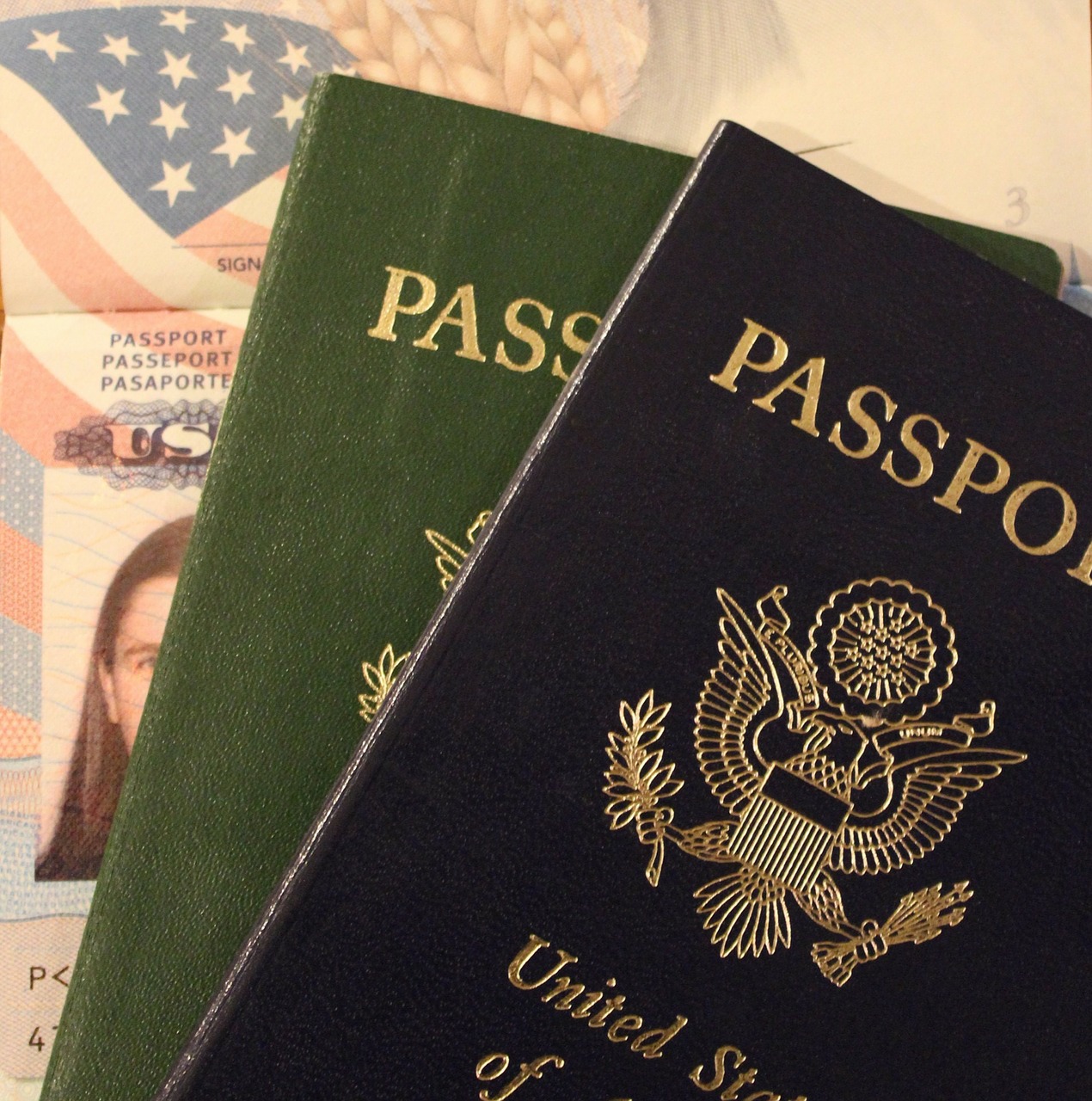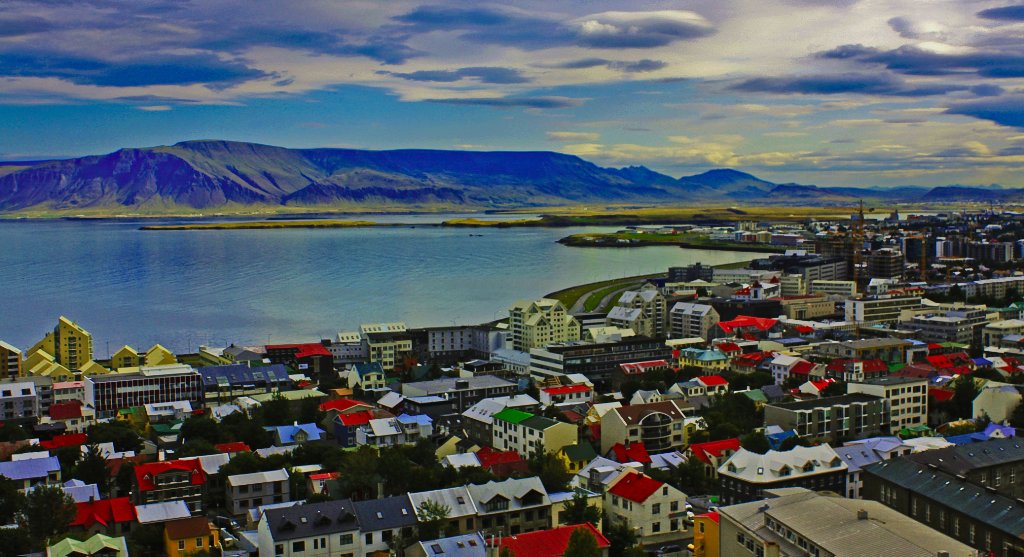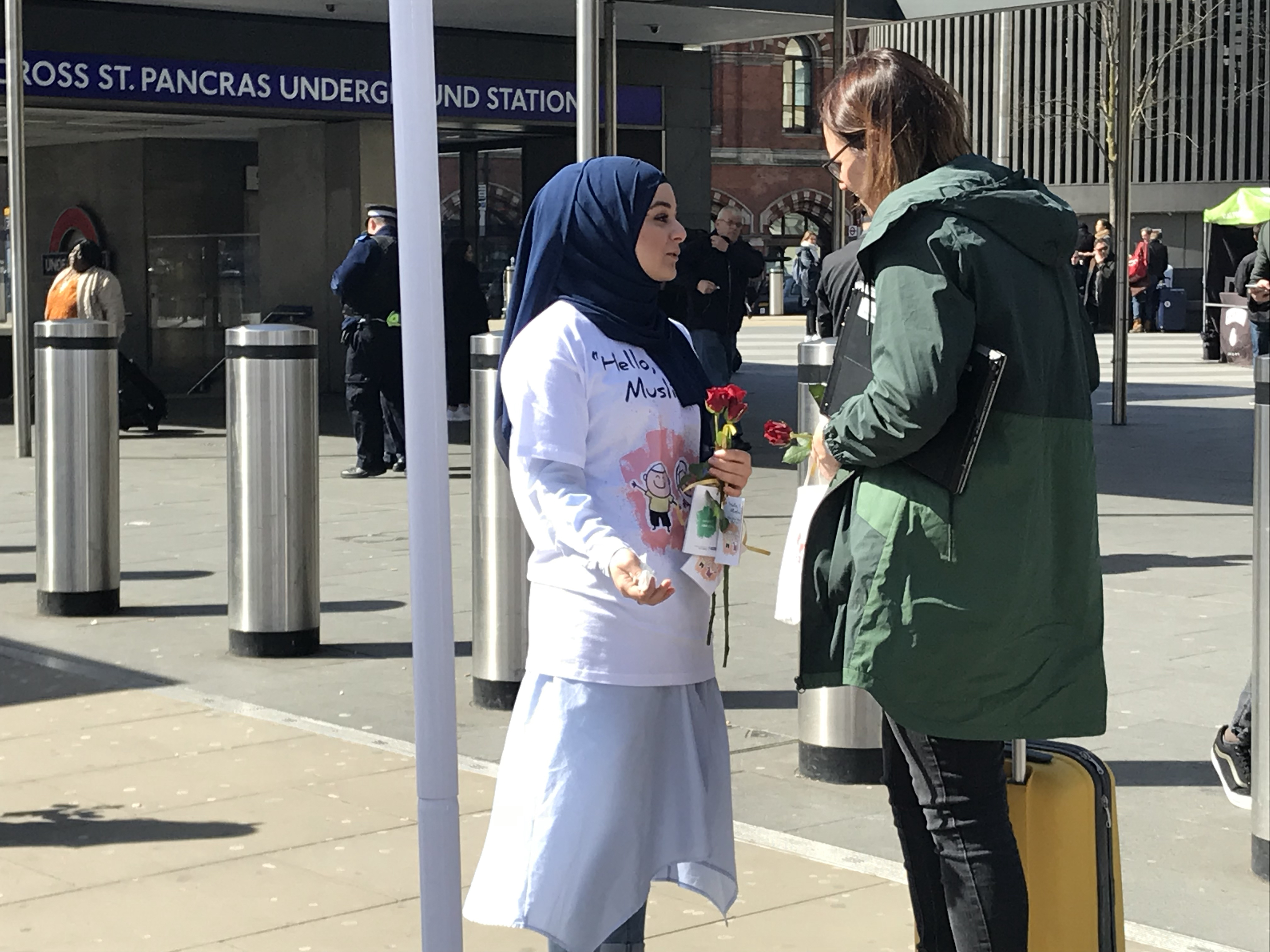By Andrew Burroughs Plans for the first mosque in Athens since Turkish rule under the Ottoman empire have been given the go-ahead by the Greek parliament. Over recent years immigration has brought hundreds of thousands of Muslims to the Greek capital. But while freedom of worship is guaranteed by Greece’s constitution as a member of the European Union, proposals for a new mosque have proved controversial in a country whose population is 96% Greek Orthodox. There are mosques dating from Ottoman times in the old part of Athens known as Plaka. The Fethiye or victory mosque dates back to 1458. But today these buildings are for tourists not for Muslim prayers. One is now a museum of Greek folk art. Athens is the only EU capital without a purpose-built place of worship for its Muslim population. The city’s 200,000 or so Muslims have been meeting in disused basements and whatever space the community can find. Technically these buildings lack proper legal permission to function as places of worship, though the city authorities, aware of the problem, have allowed meetings to continue while a solution is sought. Demonstrations In the run-up to the Olympics, and under pressure to portray Greece as internationalist and conciliatory, the then socialist government chose a site for a Saudi-sponsored mosque and Islamic centre east of Athens to be visible from the international airport. That provoked demonstrations by nearby residents of the staunchly conservative town of Peannia. Today there’s a small Greek Orthodox chapel on site, built to commemorate the protests which thwarted the mosque proposal. On special occasions a bell is rung, and on the hilltop a cross now defiantly looks towards the airport. “We are Orthodox Christians here,” says Angelo Kouias, a Peannia resident, involved in the protests. “We believe that when you arrive at the frontier of Greece it would be better to see a church to symbolise our country rather than a mosque.” “We don’t want another Kosovo here close to Athens,” says Dr Athanasius Papagiorgiou, a surgeon and president of the group which opposed the plan, the religiously conservative Association of St John. “Kosovo used to be a centre for the orthodox faith, and today it’s nothing.” Lost privilege Professor George Moustakis represents a different face of orthodoxy – a campaigner for interfaith understanding who joined a petition in favour of a mosque 17 years ago. “I’ve always opposed the connection of church and state here in Greece, which has meant the church took the decision about other denominations and other faiths and their buildings for worship,” he says. “Parliament has now voted and the church lost that privilege. So there is no problem about the mosque, the government supports it, so does the Orthodox Church.” With the church veto gone and support from the current centre-right government, Naim El Ghandour – who in daily life imports high fashion fabric designs – is the man coordinating plans for a new mosque to be built in the north of Athens. “The Muslims of Athens are Greek tax-payers and we have a right to pray in a respectful building,” he says “We’re asking the government for financial help. We’re not looking for foreign sponsors, this will be a Greek mosque for Greek Muslims.” The saga of the Athens mosque finds echoes elsewhere in Europe. The city of Grenada in Spain has just witnessed the opening of its first new mosque since the 15th Century when the Spanish re-conquered the Iberian peninsula from the Moorish Islamic rulers who built the historic mosques and palaces of Andalusia. The new mosque opened for worship only after two decades of objections from the local authorities on planning grounds. And in Italy a mosque planned for seven years in Colle di Val d’Elsa in a picturesque corner of Tuscany has divided the local community. There the local authority supports the need for a mosque but there have been objections from residents. It is a scenario likely to be repeated around the EU as the need for immigrant labour draws into the community those of a different faith, who then naturally wish to take up their equal right to a place of worship.
Greece: Athens Muslims To Get A Mosque






